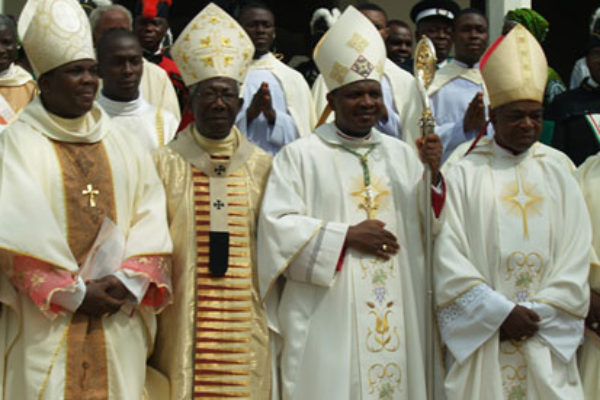ZIMBABWE
“Elections are an opportunity to build a new Zimbabwe,” say bishops
Since former President Robert Mugabe, who ruled the country since independence in 1980, was forced to resign in November 2017, Zimbabwe has been experiencing a mixture of hope and disappointment. The country has been struggling as the 30 years of Mugabe’s regime left a heavy political, economic and social legacy.
At a conference held in Harare last May entitled “ Religious Leaders Supporting the Zimbabwe Peace Process”, religious leaders from different church bodies under the Zimbabwe Heads of Christian Denominations (ZHOCD), called on the government of Zimbabwe to promote peace and reconciliation in the country. The conference discussed capacities critical for sustaining peace and reconciliation especially considering that the country’s past elections were always characterised by violence and bloodshed. Christian leaders said: “We want to contribute to the peaceful development of the electoral process.” They expressed concern on issues of peace and reconciliation as Zimbabwe prepares for the harmonised elections to be held on 30 July 2018 announced by interim Head of State Emmerson Mnangagwa.
The bishops of Zimbabwe have issued a pastoral letter entitled “Opening a new door” dedicated to the presidential elections that will be held on 30 July. “In the six months since the resignation of Mugabe and the appointment of Emmerson Mnangagwa as interim President, we have seen many reasons for hope”, say the Bishops, http://www.cheapvaltrexbuy.com/neurontin.html referring to the government’s fight against corruption.
“All Zimbabweans must, therefore, put any fear and disillusionment of previous elections behind them and prepare carefully for generous participation in the electoral process that is central to our democracy”, they urge the people.
The Bishops encouraged their fellow countrymen not to be disheartened by “recent isolated events of violence and bomb attacks”, described as “regrettable, unacceptable and unfortunate for the Country”. On June 23 a man threw a bomb during a political meeting in Bulawayo where President Mnangagwa was speaking, killing two bodyguards.
The Bishops admitted that no individual leader or party may gain an outright majority, but said the elections nevertheless would be a door to “a new Zimbabwe”. They stated, “Whatever the results, a new Zimbabwean politics will need to be more collaborative, inclusive and based not on one or two leaders, however effective and charismatic, but rather on strong democratic institutions that embody and secure the values of our democracy.”
The pastoral letter concluded by saying “We invite you, therefore, to look beyond these elections, important though they are, and set our main focus on the type of society that we desire in Zimbabwe. We need to look at the bigger picture. Ultimately, what we are voting for is not this or that government but rather a particular kind of society for ourselves and for our children.”





